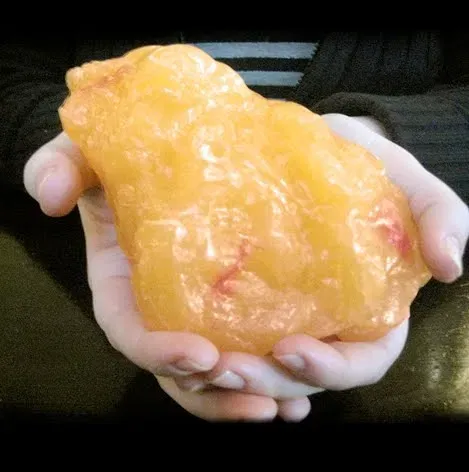Location, Location, Location
There's two types of fat storage in the body. Subcutaneous fat stored under the skin, and visceral fat that's stored around the organs in the abdominal cavity. The fat stored in the skin is pretty much harmless - it's the fat around the organs that's the problem, causing or contributing to issues like type 2 diabetes mellitus, fatty liver disease, hypertension, myocardial infarction, stroke, dementia, osteoarthritis, obstructive sleep apnoea and several cancers.
That's why some people who are carrying weight can have better health marker tests than people who for all intents and purposes would be classed as thin. It's down to the distribution of fat within the individual, and whose visceral fat is affecting whose organs the most. We've all likely heard of the term "fatty liver", but all organs can be affected by fat storage.
Typically, the symptoms get treated and not the cause. Sodium for a lot of people will impact their already high blood pressure, so the only advice I got from my GP was to remove table salt from my diet. That is not a solution. Similar thing with cholesterol and/or heart disease that can be impacted by insulin spikes. Low-carb diets are prescribed, but carbs spiking insulin is the standard operating procedure of digestion, so removing those is only beneficial if insulin resistant - the root cause is the fatty pancreas which isn't being addressed.
Again, it's all simple - but it's not easy, but it boils down to body fat reduction from a calorie deficit. Unfortunately, there's no way to target any specific area for fat loss, regardless of what various fitness industry tropes suggest in their attempt to solicit your business. Some people are prone for a double-chin or man-boobs, whereas others will stick that on their hips or thighs. If you want to loose in one area in particular, the cold hard truth is you have to loose in general until that area get's it turn - and it's a complete unknown as to when that will be (spot reduction is a myth). Diet and exercise will eventually hit the visceral fat which in turn will improve health markers - the trick is persevering until then.
A daily 500kcal deficit will typically result in one pound of fat loss per week. For some people this is not enough, and in the rush to speed up a diet, introduce a deficit that's too hard to maintain, and the diet ultimately fails.

But, 1lb per week is 52lbs (23.5kg/3.7st) per year, so it can take on a different perspective when viewed long term. This too might suggest that a lower daily deficit would suffice (375kcal daily deficit is equivalent to 39lbs annual fat-loss), if that helps with adherence.
Also, loosing fat more slowly can help reinforce those lifestyle changes that will be necessary in keeping it off, as only 10% of diets actually result in long term fat loss - all to often, people revert to the habits of old and regain the fat they shed.